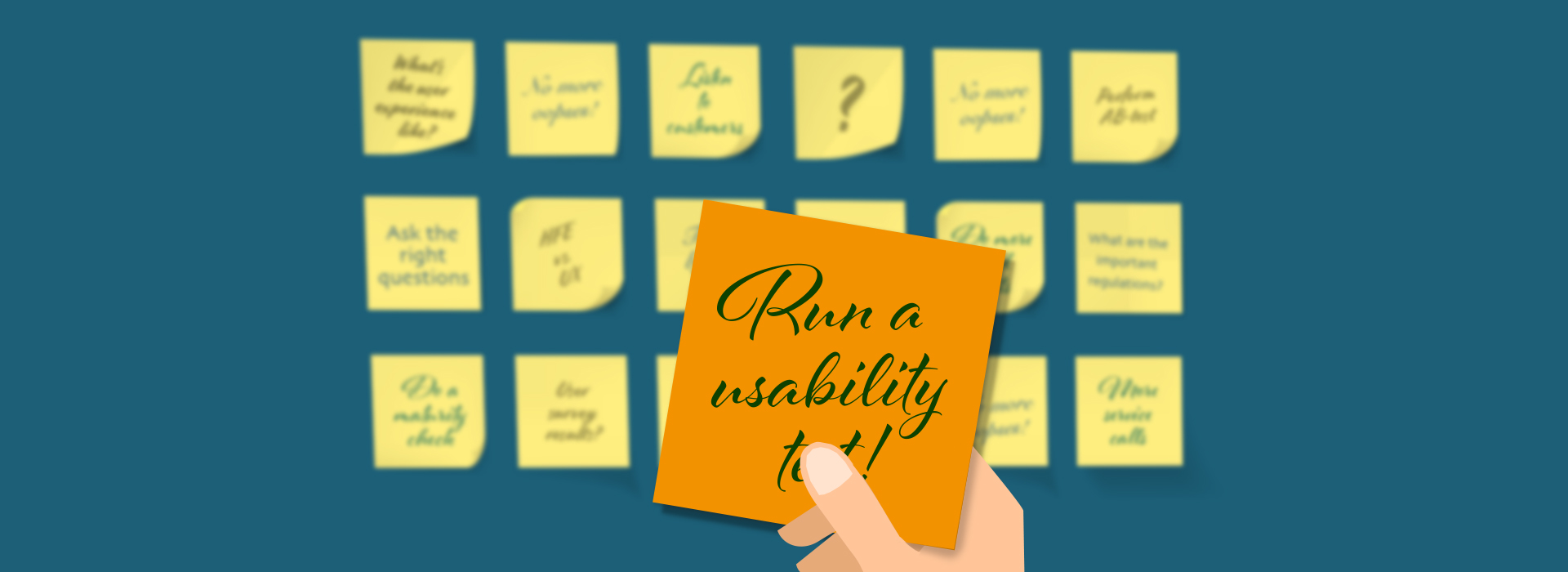Welcome to
Weaver
SAFE MEDICAL DEVICE DESIGN




Human Factors Engineering
Regulatory
Meet device regulators expectations
Reputation
Increase device sales and customer loyalty
Marketing
Improve ease of use and Use experience
Quality
Improve safety and reduce medical device errors
The key is to detect the BIG OOPSES early.
Human error is one of the predominant factors in adverse events experienced in healthcare. It is well established that ‘human error ‘is inevitable’. You just cannot prevent users from making mistakes due to fatigue, ignorance, training decay or over-tasking. But you can anticipate the use error, and design a product that is safe and effective in preventing harm to the patient.
The Standards and Guidelines for applying Human Factors Engineering (also ‘Usability Engineering,’) to medical device development processes, are clear. Medical Device manufacturers are expected to identify use error as part of the overall device risks and eliminate or reduce, by design, flaws that allow a likely use error to result in possible harm to the patient. To verify that you did just that, pre-market submission reviewers expect testing and data that addresses any known, expected, or unanticipated use problems. Applying the principles and processes of Human Factors Engineering will help you predict , detect and mitigate those use problems.
So, regardless of whether you are a startup company, redesigning an existing product or in the early, middle or late stage of your product development, enable your team to detect the BIG OOPSES early by embedding a few simple, good Human Factors Engineering principles. It will protect you from having to deal with late design changes, delayed market introductions or, even worse, product recalls .

Weaver Human Factors Engineering provides professional human factors engineering services and expertise for Medical Device manufacturers. Services provided include User Interface Analysis and Design, User Interface Testing and Evaluation, Product reviews, R&D process analysis&optimization, Lectures and Training.
Why consider Human Factors Engineering?
“Human factors/usability engineering focuses on the interactions between people and devices. For medical devices, the most important goal of the human factors/usability engineering process is to minimize use-related hazards and risks and then confirm that these efforts were successful and users can use the device safely and effectively.” –– FDA
How can I help you?
Your need for Human Factors Engineering support will vary depending on the size of your project or organization, the state of your development and the risk classification of your medical device or application. Human Factors Engineering adds value to all phases of product design and development.
Maybe you’ll recognize yourself in one of these profiles:
Are you?
A startup?
The last thing on your mind might be regulations but applying some basic Human Factors Engineering activities early, will help you design the right product, make your R&D phases more predictable and reduces the chance of costly, late design changes.
Updating your product?
The regulatory reviewer will expect evidence that you’ve analyzed your existing product with a focus on known use problems. You will have to provide evidence that you’ve applied Human Factors Engineering, at the very least, on the new elements in your design.
Designing a product?
During design conception and (early) prototyping, HF Engineering, through use observation, testing and analysis, can help you understand true user needs and use constraints which enables you to identify UI requirements critical to safety early on.
Developing a product?
During development many ideas and design solutions pop up. Human Factors Engineering can help you focus on those ideas that make your product safe and effective and identify those design solution that don’t. Iterative, formative usability testing is an efficient way to measure whether you are on the right track with your design.
Close to product launch?
You have developed a product you feel confident about and now its time to start preparing the registration file. Human Factors Engineering can help you to summarize the usability evaluation evidence and, together with regulatory, (help) prepare the Human Factor engineering file (CE) or write the Human Factors Report (FDA)
Late to the party?
You have developed a product but you are not entirely sure whether you’ve done enough to meet the regulatory reviewers expectations regarding human-centric design? Or you want to increase your confidence that your product will not be facing issues with foreseeable use errors you should have been able to predict?
Call me!
